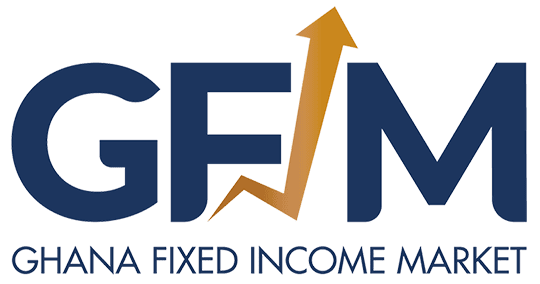By Ghana News
Copyright ghanamma

Ghana’s fixed income market showcased diversified trading activity Tuesday with Ghana Cocoa Board instruments dominating corporate bond transactions while treasury bills maintained strong investor appeal across multiple tenors.
The Ghana Fixed Income Market recorded comprehensive trading across government securities, corporate bonds, and money market instruments on September 17, 2025, reflecting sustained institutional appetite for local debt amid improving macroeconomic conditions.
Ghana Cocoa Board bonds emerged as the standout performer in corporate trading, significantly outpacing other private sector issuers including Letshego Ghana PLC, Bayport Savings and Loans PLC, Izwe Savings and Loans PLC, Kasapreko PLC, and Quantum during the session.
The state-backed cocoa marketing entity’s strong trading performance comes after COCOBOD cleared GH¢2 billion in coupon arrears to bondholders on September 1, 2025, signaling renewed fiscal discipline in one of Ghana’s most critical export sectors.
Treasury bills attracted substantial trading volumes across 91-day, 182-day, and 364-day tenors, with the shorter-dated instruments particularly favored by investors seeking liquidity management solutions. The money market activity reflects continued institutional demand for government paper amid competitive yields.
New Government of Ghana notes and bonds demonstrated greater activity compared to pre-exchange older securities, with several 2023-GC series bonds recording transactions alongside USD-denominated DDE-FCA series instruments. Only one trade was recorded in older GOG bonds, involving a 10-year instrument with 200,000 volume.
Sell/buy-back transactions occurred in select government bonds including 2023-GC-3, 2023-GC-5, and USD-DDE-FEA-28 series, indicating active repo market participation among institutional traders managing short-term funding requirements.
Bank of Ghana bills saw limited trading activity across 56-day and 273-day tenors, while collateralized and GMRA repo transactions recorded no activity for the trading session, suggesting adequate market liquidity conditions.
The diversified trading pattern reflects Ghana’s improving economic fundamentals, with inflation declining to 11.5% in August 2025 and government bond yields falling 70 basis points to 17.97% amid strengthening investor confidence.
Recent market data shows yields on medium-term government debt ranging from 15.18% to 16.05% for bonds maturing between 2027-2037, representing attractive risk-adjusted returns for institutional investors while presenting fiscal management challenges for government debt operations.
The Ghana Fixed Income Market’s comprehensive trading infrastructure continues providing transparent price discovery across multiple security categories, supporting secondary market liquidity development essential for deepening capital markets.
Corporate bond activity beyond COCOBOD remained modest, with established names like Letshego Ghana and Bayport showing minimal volumes, indicating selective investor appetite concentrated in state-backed credits with stronger covenant protection.
Treasury bill trading dominance reflects institutional preference for shorter-dated government paper offering competitive yields without extended duration risk, particularly attractive given current yield curve dynamics and monetary policy expectations.
The trading session’s broad-based activity across security types demonstrates Ghana’s fixed income market maturation, with multiple investor categories actively participating in price discovery and risk management through diverse instrument selection.
Market participants continue benefiting from the electronic trading platform’s enhanced transparency and efficiency, enabling better execution and supporting continued development of Ghana’s secondary bond market infrastructure.



